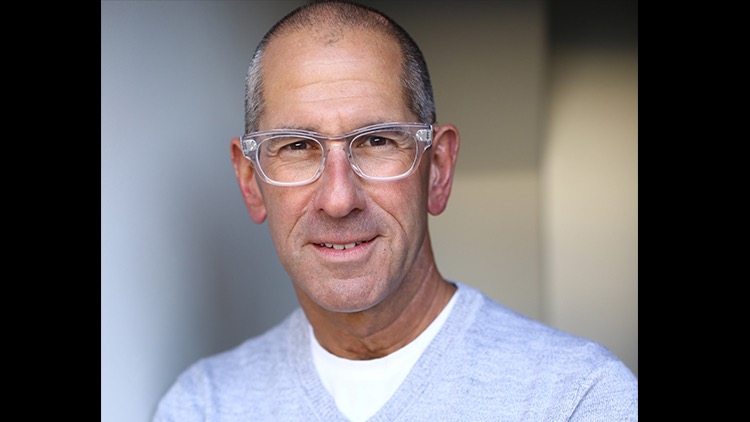The Five Spot: Phil Gurin

The smarter way to stay on top of broadcasting and cable industry. Sign up below
You are now subscribed
Your newsletter sign-up was successful
Even before Survivorbroke the new wave of reality television, Phil Gurin had been riding it.
Back in 1997, he launched the Gurin Co., through which he has focused on producing reality, alternative and unscripted series and specials for almost 30 years. Among the many series Gurin has created and/or executive produced are ABC’s Shark Tank, The CW’s Oh Sit! and NBC’s Twenty One, Weakest Link and The Singing Bee. He has also produced high-profile live events, including pageants for Miss Universe, Miss USA and Miss Teen USA.
Now Gurin is taking on a new challenge, going to work for IM Global Television as its head of alternative and unscripted content. He will be at the NATPE conference in Miami Beach later this month, moderating a panel as part of the conference’s reality programming track, which he helped found as a member of the organization’s executive committee.
Gurin spoke with B&C contributing editor Paige Albiniak about his new role and the evolving landscape for reality programming. An edited transcript follows.
What made you decide to go to work for a company?
Gurin Co. is still a functioning ongoing business, but it’s a boutique independent. In this world, where we’re competing against major broadcast networks and international companies with deep pockets, it becomes harder as an indie to fight the fight. I’ll be able to play at a different level with more resources, build a bigger team and have more capital behind me—all of that to me was very exciting. It’s something I’ve always wanted.
Will the Gurin Co. continue to exist in the same way?
The smarter way to stay on top of broadcasting and cable industry. Sign up below
There’s a slate of products that [the company] is in production and preproduction on, so there are a handful of shows that will stay with the Gurin Co. on an ongoing basis. And there’s a catalog of productions that if we sell some to IM Global, they will be treated as third-party formats. On a day-to-day basis, I’ll have other people running those shows, although I’ll still oversee them. [But] for anything new, it’s IM Global Television.
What are your goals for alternative and unscripted formats for IM Global?
The emphasis is on building this new international brand. We want to be picky if we can, and partner with other people where they need our help. I want to build the domestic production and creative team so that in a very short time we can access new and create new IP [intellectual property]. Over the first half of the year, I’ll investigate on the ground in the first three territories—China, Latin America and the U.K.—who can be managing directors in those places.
How would you evaluate the current state of reality television on TV?
There are so many different places for consumers to get entertainment. How do we make some noise? I personally pitch the shows I want to pitch. We get these network breakdowns, we get notes and then everyone chases it like a pack. My advice to any creator is pitch what you love, what you want to make and hope the buyer sees your passion. If you go in with passion and an entertaining pitch, at worst, at least you’ve entertained them and they’ll want to see you again.
Netflix is entering the unscripted fray. How will it affect this environment?
Anyone who’s willing to take a shot gets my congratulations. I love that there’s more players in town. Still, I don’t know how the economics of the business sustain with so many channels on. This is why I think international sales are important. The rerun value in the U.S. is diminishing the value of the upfront spend. We need to export it. If we spend all this money, we have to make it back somehow.
Contributing editor Paige Albiniak has been covering the business of television for more than 25 years. She is a longtime contributor to Next TV, Broadcasting + Cable and Multichannel News. She concurrently serves as editorial director for The Global Entertainment Marketing Academy of Arts & Sciences (G.E.M.A.). She has written for such publications as TVNewsCheck, The New York Post, Variety, CBS Watch and more. Albiniak was B+C’s Los Angeles bureau chief from September 2002 to 2004, and an associate editor covering Congress and lobbying for the magazine in Washington, D.C., from January 1997 - September 2002.

